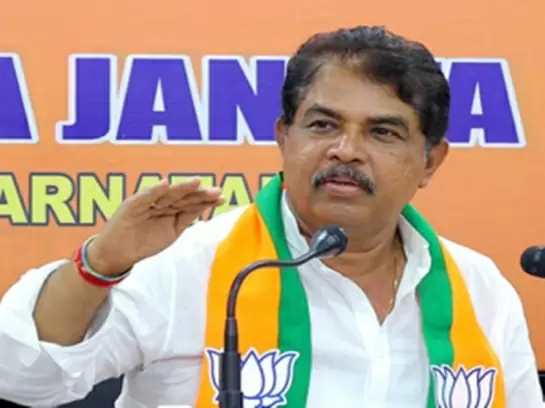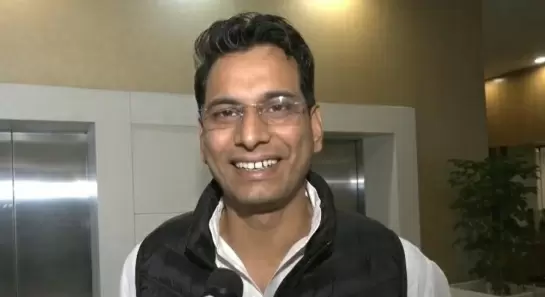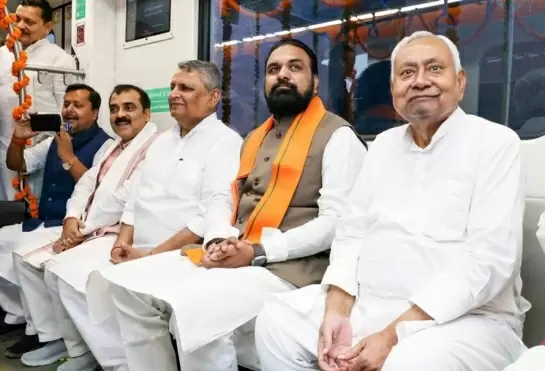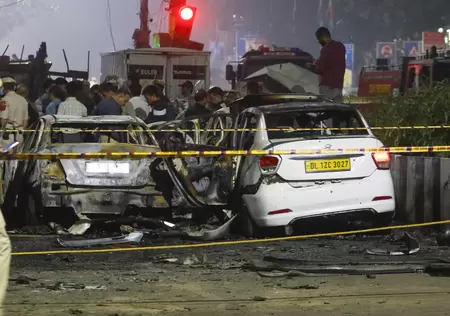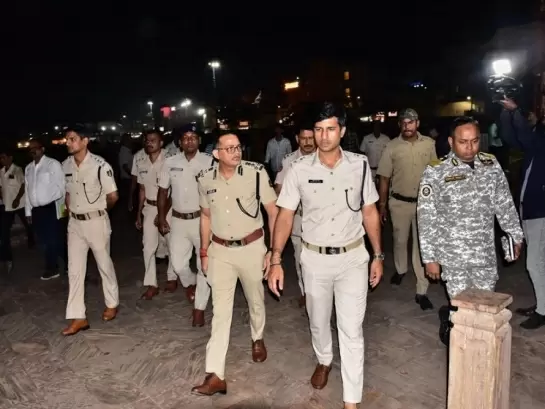Dam Safety Bill gets Lok Sabha nod
02-August-2019
A Bill to set up a national authority as well as a committee for inspection and maintenance of dams across the country was on Friday passed in the Lok Sabha with voice vote.
Arguing on behalf of the government for the passage of the Dam Safety Bill, 2019, Jal Shakti Minister Gajendra Singh Shekhawat said the legislation focuses on creating a standard criteria for safety of dams across the country as the issue is related to the safety of people as well as their belongings.
Saying the country is waiting for the Bill for over 40 years, the Minister said the draft legislation seeks an institutional mechanism to ensure the safety of dams across India.
He said dams are critical infrastructure constructed with large investment for multi-purpose uses such as irrigation, power generation, flood moderation and supply of water for drinking and industrial purposes and that an unsafe dam constitutes a hazard to human life, ecology and public and private assets, including crops, houses, buildings, canals and roads.
"Therefore, the safety of dams is a matter of great concern to the general public and becomes a national responsibility to take necessary steps to ensure their safety," Shekhawat said.
Over 92 per cent of a total of 5,344 dams in the country are built on inter-state rivers and 293 of them are over 100 years old.
Shekhawat also clarified apprehensions of several members that the government's intention is not to overpower the rights of the states through the Bill.
He said the Bill seeks to set up the National Dam Safety Authority for proper surveillance, inspection and maintenance of specified dams as well as to address unresolved issues between states. Besides the authority, the government has proposed to set up a national committee on dam safety in order to prevent dam failure-related disasters.
According to the Bill, the committee would maintain standards of dam safety and also evolve policies for ensuring safety of dams.
The Bill applies to all specified dams in the country with a height of more than 15 metres or a height of between 10 metres and 15 metres and subject to certain additional design and structural conditions.
The national committee on dam safety will be chaired by the Chairperson of Central Water Commission to formulate policies and regulations regarding dam safety standards and prevention of dam failures, and analysing causes of major dam failures and suggesting changes in dam safety practices.
All other members of the committee will be nominated by the Central government and it will include up to 10 representatives of the Centre, up to seven representatives of the state governments (by rotation) and up to three dam safety experts.
However, the National Dam Safety Authority will be headed by an officer, not below the rank of an Additional Secretary, who will be appointed by the Central government.
Functions of the authority will include implementing the policies formulated by the national committee on dam safety to resolve issues between State Dam Safety Organisations (SDSOs), or between a SDSO and any dam owner in that state.
The authority will also specify regulations for inspection and investigation of dams and provide accreditation to agencies working on construction, design and alteration of dams.
Over 31 members from treasury and opposition benches participated in the debate, raising their objections on several points besides sharing their suggestions.
In the context of safety, Congress's Dean Kuriakose said that he is supporting the Bill and mentioned that people around the Mullaperiyar Dam in his constituency live in constant fear. "If there is a breach of the dam, Kerala will be divided into two parts, physically," he said.
BJP's Tapir Gao suggested that the government should develop the northeastern states and concentrate on not just dam safety, but also on downstream and upstream safety. IANS
Red Fort Blast: NIA Sets Up Special Team Led By ADG Vijay Sakhare
Red Fort Blast Linked To JeM, AGH Module; Key Suspect Umar Killed
Umar Key Suspect In Red Fort Blast; Suicide Bombing Angle Emerges
Red Fort Car Explosion Leaves 10 Dead; Terror Angle Suspected
Car Blast Near Red Fort Metro; Multiple Vehicles Catch Fire





